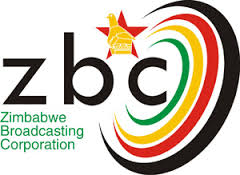Story by Stanley James, Business Editor
ZIMBABWE has joined the Common Market for Eastern and Southern Africa (COMESA) economies in implementing fair trading systems for locally-produced agriculture commodities to expand export markets.
A team of the COMESA Competition and Tariff Commission this week held a series of meetings in Harare with fair trading practice regulators from Zimbabwe, Kenya, Malawi, Uganda, and Zambia, among others.
The focus is on assessing the implementation of regulations that stamp out unfair competition thereby producing substandard commodities, offering high food prices, and facilitating a single but large agro-based entity in a move that hinders the trading bloc’s agenda of competitive markets.
COMESA Competition Commission Chief Executive Officer, Dr William Mwemba highlighted the importance of fair agriculture trading practices in increasing trade within the regional bloc.
“The discussions are being focused on the need to avert the possibilities of monopolies that exploit the consumers in the form of high food prices taking advantage of their ability in terms of financial muscle we want a fair trading mechanism that will allow competition to prevail while protecting the consumers leading to quality agricultural produce or food products within the markets,” he said.
With Zimbabwe also tightening the mergers systems in the agricultural sector to stamp out unfair trading practices, the regional economic institution has described the move as key towards increased production which benefits smallholder players or firms.
“Current measures being undertaken by Zimbabwe are highly positive as they spell the direction in which we are taking they also provide such a mechanism to learn and share with our regional peers remember our common goal is towards boosting trade,” he added.
The participating regional trading member countries resolved to enforce regulations about trade between member states and promote competition by monitoring and investigating anti-competitive practices within the agricultural value chains.





